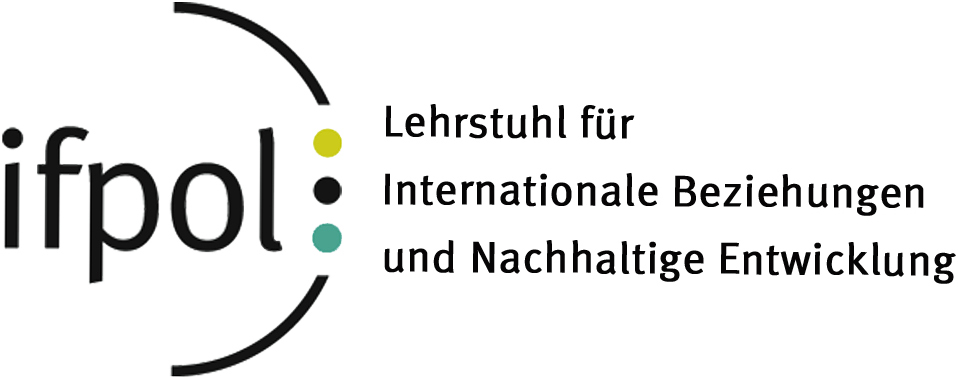

The Chair of International Relations and Sustainable Development addresses questions of climate and energy policy on local, national, European and international levels of governance, including a special emphasis on their interactions. In this regard, it focuses, on the one side, on agency-related aspects, such as questions of interests and possibilities to exert influence by non-state actors and citizens. On the other side, structural and normative aspects, such as questions of consumption and production systems or justice, are key. Furthermore, with respect to climate policy, particular attention is paid to religious and faith-based actors. Besides, the climate policy research focus is closely linked to the field of Agrifood Governance. In various projects on the energy transition in Germany, the Chair’s team studies in particular the themes participation, steering, and energy saving potentials. Here, the focus lies, for instance, on participation in urban areas and on the barriers and potentials for the diffusion of ideational and technological innovations. A close cooperation with practice partners is an integral aspect of all projects.
Selected publications on the topic
- Buschmann, P.; Oels, A. 2019. The overlooked role of discourse in breaking carbon lock-in: The case of the German energy transition. WIREs Clim Change. 2019; e574. https://doi.org/10.1002/wcc.574
- Glaab, K.; Fuchs, D. 2018. ‘Green Faith? The Role of Faith-Based Actors in Global Sustainable Development Discourse.’ Environmental Values 27, Nr. 3: 289-312. doi: 10.3197/096327118X15217309300840.
- Fuchs, Doris. 2017. „Windows of Opportunity for Whom? Commissioners, Access, and the Balance of Interest in European Environmental Governance“. social sciences 6, 73, doi: 10.3390/socsci6030073.
- Fuchs, D.; Feldhoff, B. 2016. ‘Passing the Scepter, not the Buck. Long Arms in EU Climate Politics.’ Journal of Sustainable Development 9, Nr. 6: 58-74. doi: 10.5539/jsd.v9n6p58.
- Gumbert, T.; Fuchs, D. 2016. Bürgerbeteiligung und Energiewende – Partizipationsmöglichkeiten im urbanen Raum Sustainable Governance Discussion Papers, Nr. 01/2016. Münster: Lehrstuhl für Internationale Beziehungen und Nachhaltige Entwicklung.

